HCM City Labor export is no longer a way to reduce poverty and create jobs for people as before, but should be seen as a source of increasing remittances, according to experts.
The opinion was given by Ms. Ta Thi Thanh Thuy, First Secretary, Head of the Vietnamese Labor Management Board in Korea, at a workshop to collect opinions on building a policy project to attract and promote remittance resources in Ho Chi Minh City on the afternoon of May 22.
According to Ms. Thuy, there are currently more than 225,000 Vietnamese people living in Korea, of which nearly 50,000 are exported workers. With a minimum wage of 1,500 USD per month, the income of these workers alone is more than 700 million USD per year. Most of their money will be sent back to their families.
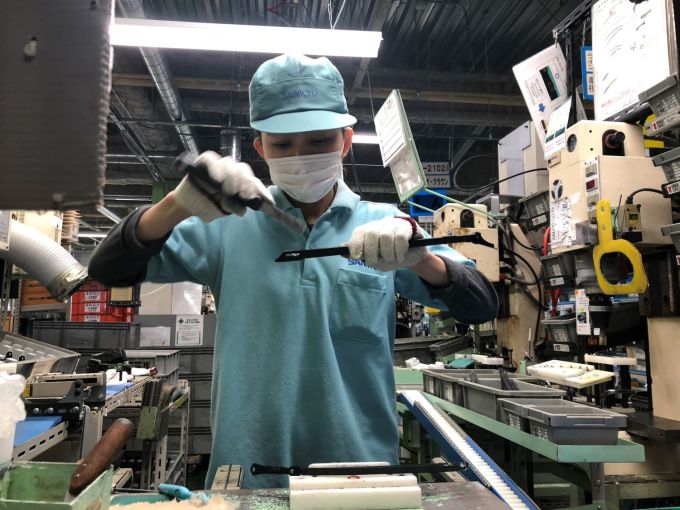
Vietnamese workers working at a factory in Japan. Photo: Thai De
"Previously, labor export was considered to reduce poverty and create jobs for people, but now it needs to be seen as a source of increasing remittances to the country," said Ms. Thuy, adding that in 2022, of the total remittances to Vietnam of 19 billion USD, labor export accounted for 3-3.5 billion USD, accounting for nearly 20%.
Currently, Vietnam has 500 enterprises sending workers to work abroad. In 2019, 150,000 people were sent, in 2021 there was a decrease but the trend is still maintained at around 100,000 workers per year, mainly to Japan, Taiwan, and South Korea. Along with that, remittances from these countries also increased and accounted for a large proportion. For example, in the first quarter, remittances from Asian countries accounted for 43% and increased by 84% over the same period last year. This rate from the US was 34%, Europe was more than 13%.
"Remittances through labor export channels will continue to be maintained, but quality needs to be improved to get better salaries," said Ms. Thuy, adding that authorities need to focus on training, improving skills and foreign languages so that workers can have better jobs and incomes.
Mr. Nguyen Duy Anh, Vice President of the Vietnamese Association in Japan, also said that this country is currently opening up many opportunities for workers through the specific skills program with better salaries and benefits than the trainee program.
The requirement is that workers must have Japanese and pass an exam to receive a vocational skills certificate.
"While other countries have done well, Vietnam has not taken any action, causing disadvantages for workers," said Mr. Duy Anh, suggesting that Vietnam quickly organize vocational skills certification exams for workers to seize this opportunity.
Meanwhile, Dr. Le Thi Thanh Nhan, senior lecturer and financial expert (Australian National University), said that to have a stable source of remittances, Vietnam needs to "plant trees and create sources". Of these, the most important source is the source of labor export because the source of remittances from overseas Vietnamese to help their families and relatives tends to decrease because life in the country has improved.
According to Ms. Nhan, many studies have shown that when the number of workers working abroad increases, the amount of money sent home will increase. However, the quality of the labor force must be improved to get a good salary. Currently, in Australia, Vietnamese workers are inferior to those from India and Sri Lanka. Therefore, domestically, it is necessary to focus on foreign language and vocational training for workers right from when they are students to open up better opportunities in the future.
According to Dr. Nhan, remittances are small and currently only used for household spending. "There needs to be a policy so that the money can stay in savings accounts and continue to be invested in developing the domestic economy ," she said.
Le Tuyet
Source link



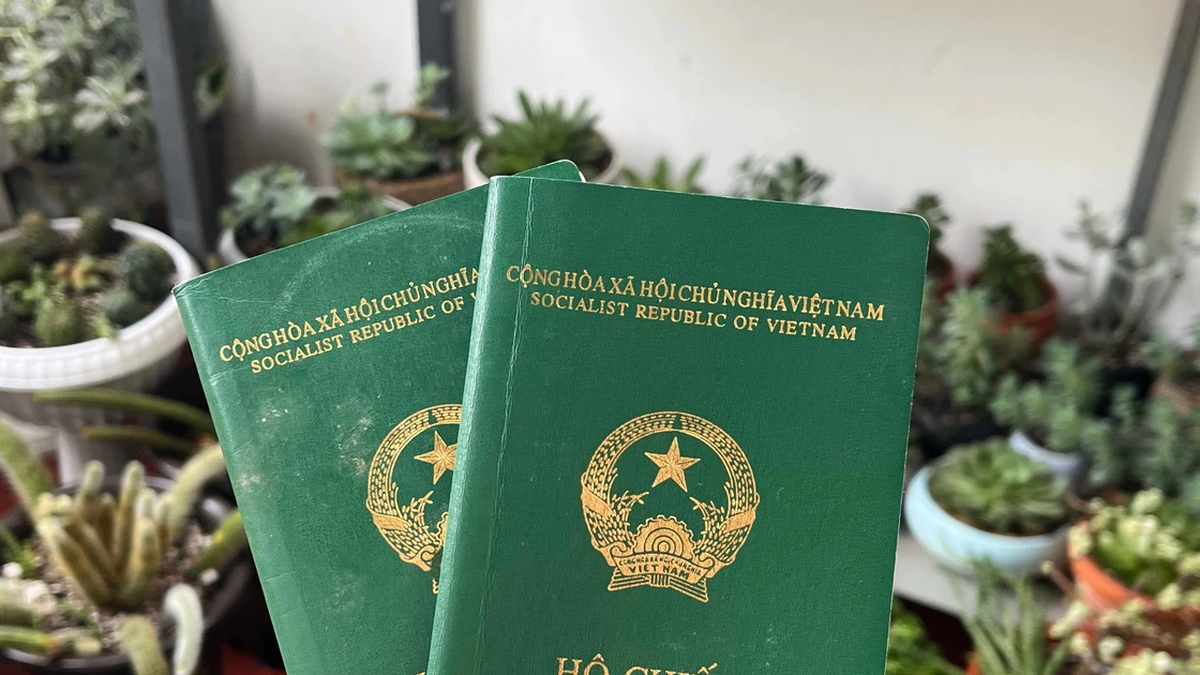
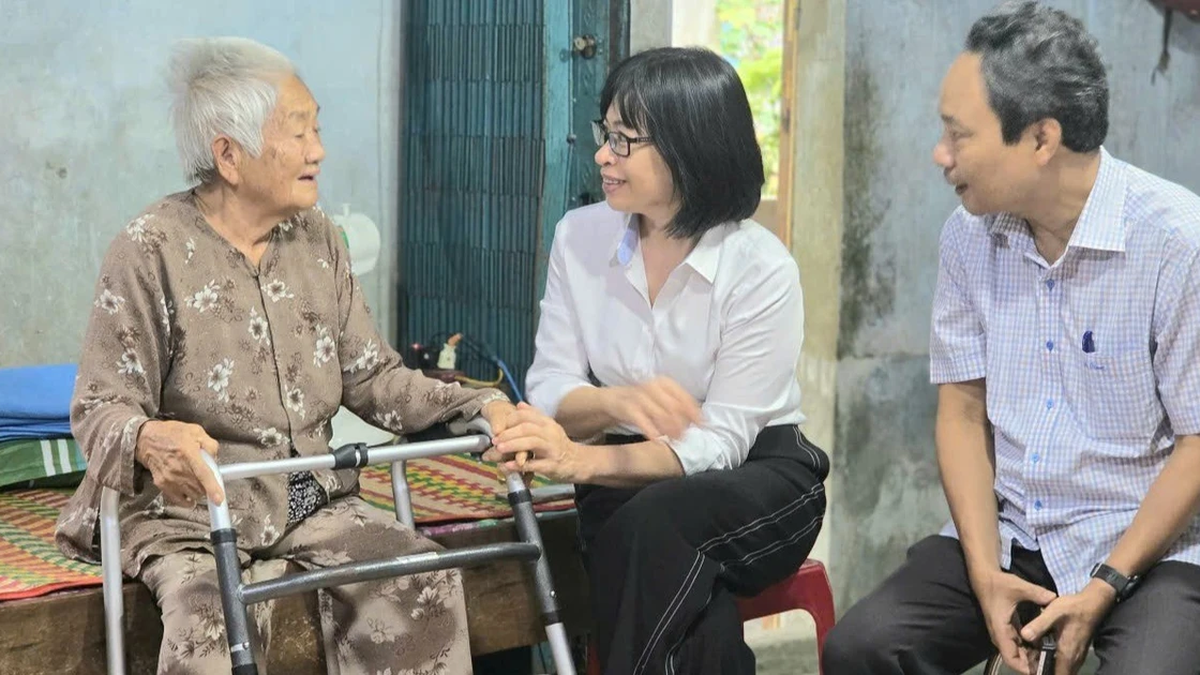



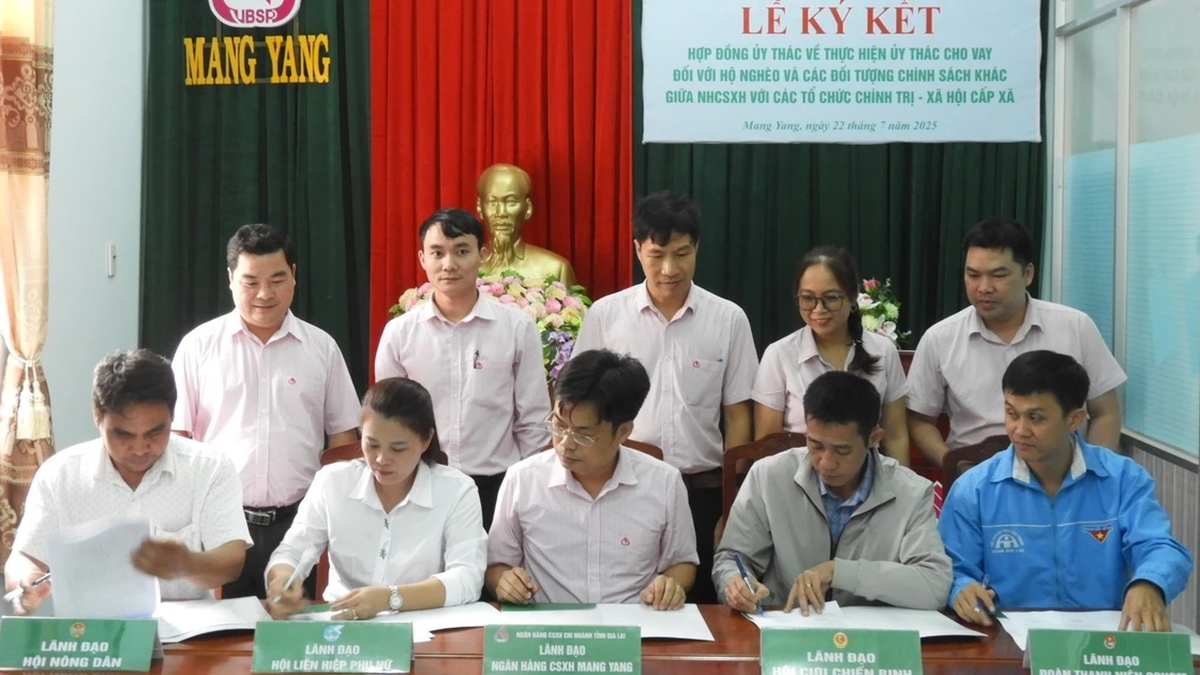


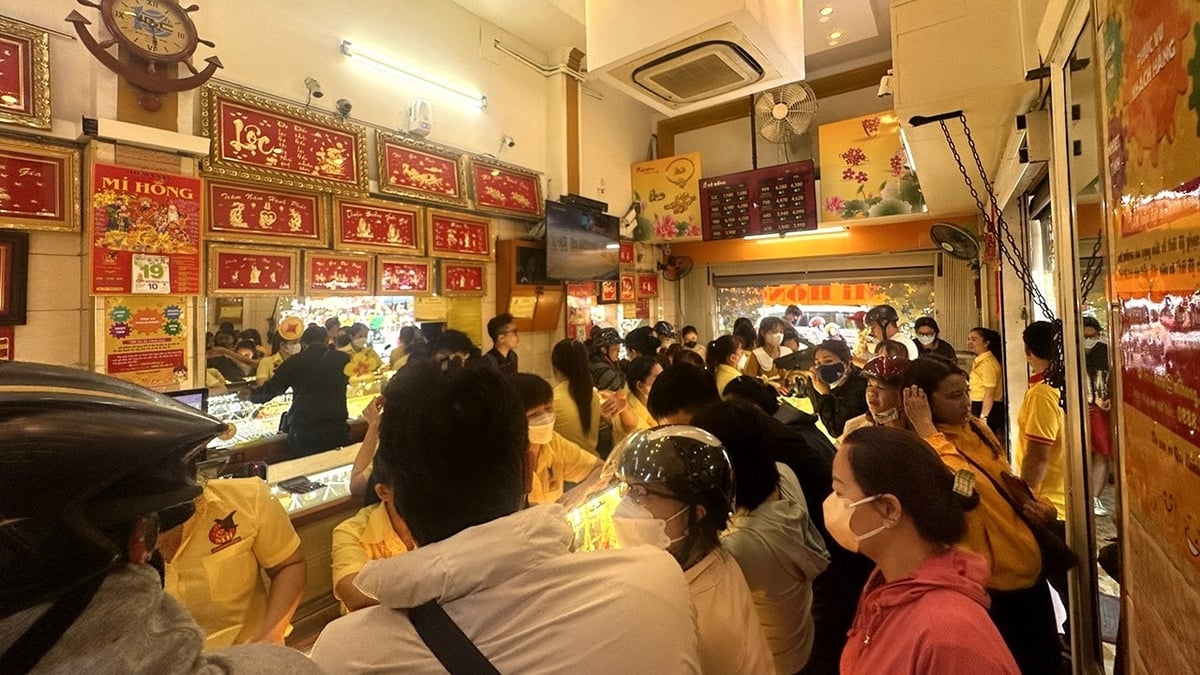















![[Photo] Signing of cooperation between ministries, branches and localities of Vietnam and Senegal](https://vphoto.vietnam.vn/thumb/1200x675/vietnam/resource/IMAGE/2025/7/24/6147c654b0ae4f2793188e982e272651)












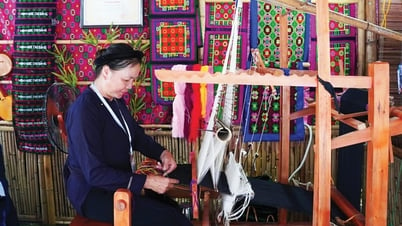























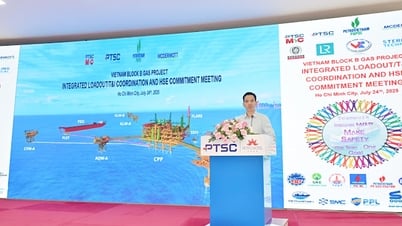


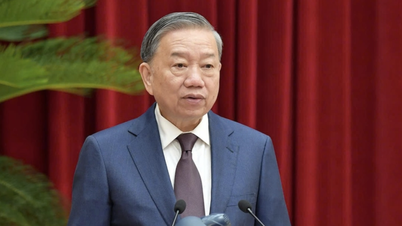





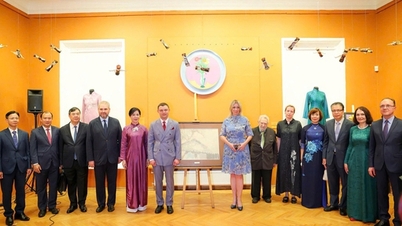





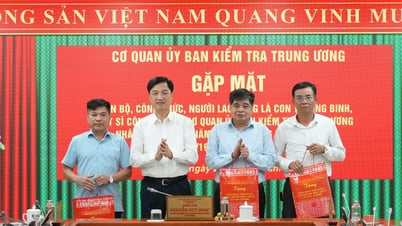













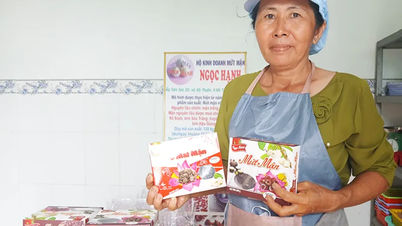









Comment (0)